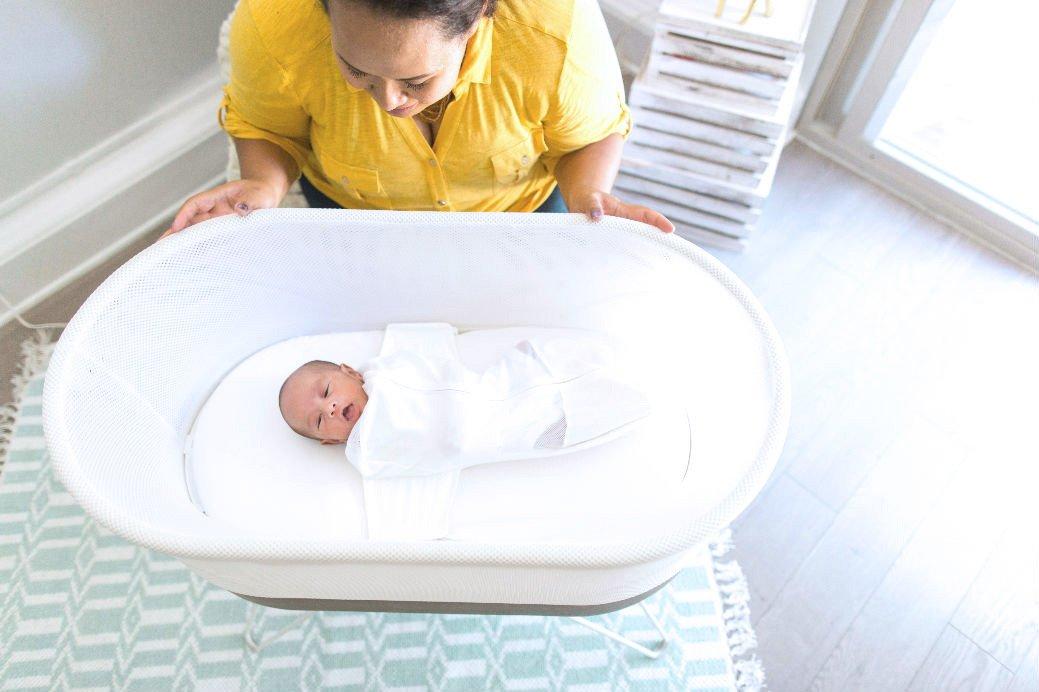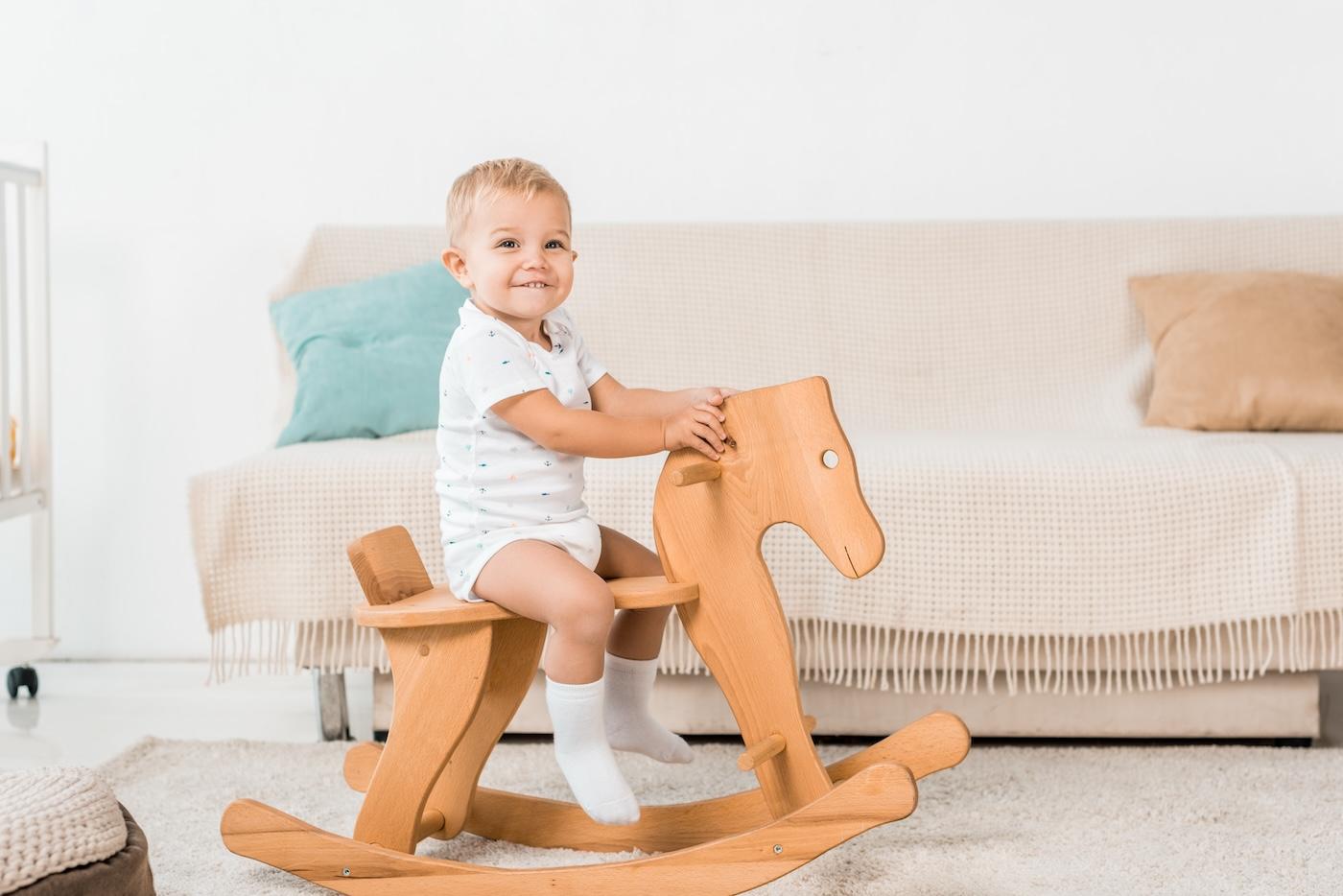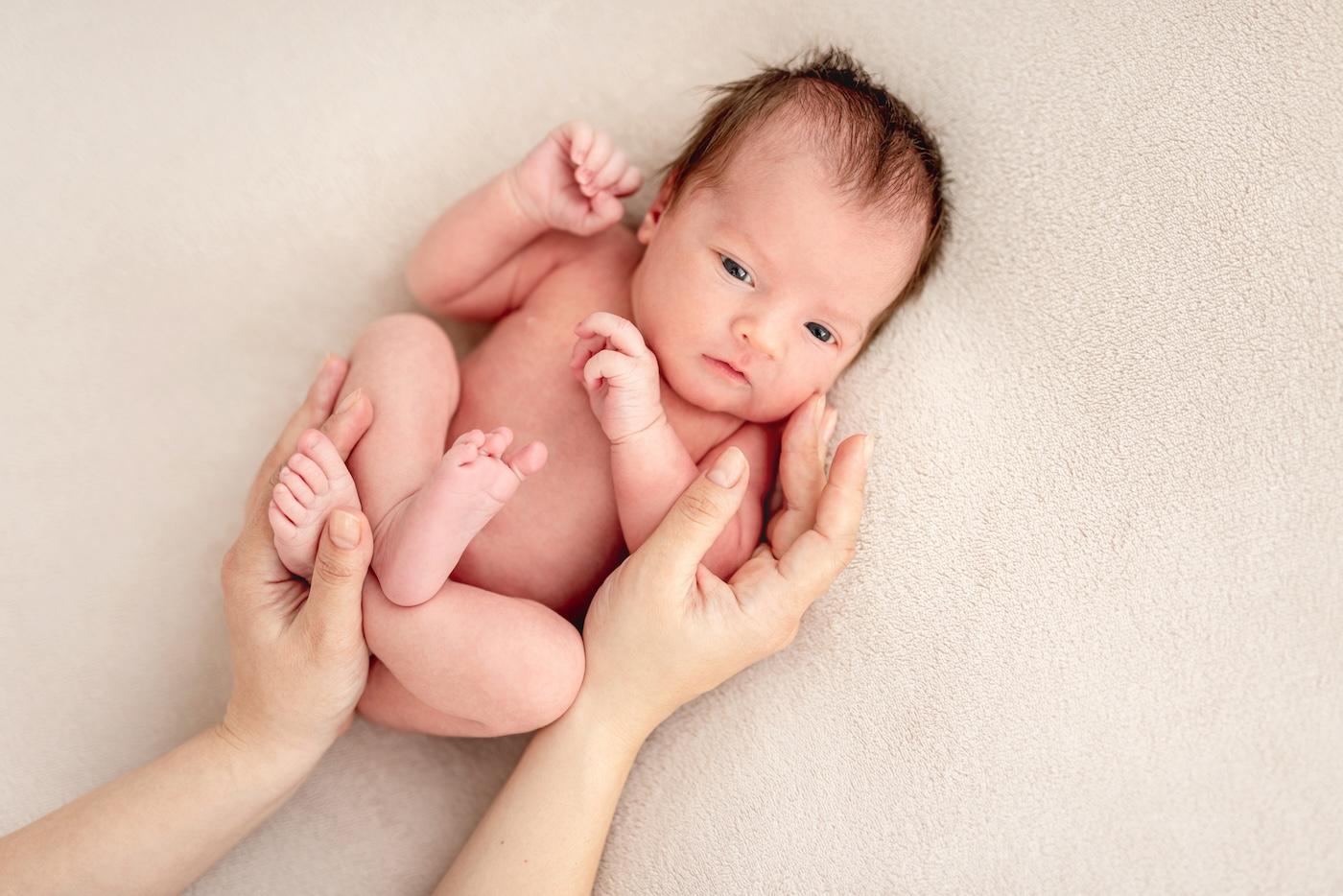BABY
Helping Premature Babies Get Their Sleep in Gear
Crying may increase once you leave the NICU...but here's what you can do.

Written by
Dr. Harvey Karp

Premature baby sleep can be very touch-and-go. Exhaustion sets in quickly for premature baby mums and dads who might already feel overwhelmed and even a bit shell-shocked. Early babies can look so tiny and vulnerable, and the newborn intensive care unit (NICU) can be such an intimidating place. It is a trying time for many parents, to say the least.
Do Premature Babies Have Trouble Sleeping?
Life with your early baby continues to be challenging and exhausting even when you are back in the comfort of your own home. It is pretty typical for premature babies to wake every 3 hours, all night long. It sounds odd, but the dark stillness of home can be jarring for babies accustomed to all the light and noise of the NICU.
It can be stressful for parents when their premature baby’s fussiness spikes suddenly, seemingly out of left field. It is not that the nurses were more gifted at calming…it is because premature babies do not start the normal baby fussy period until they reach their due date. Most parents are not aware that crying typically accelerates 1 to 2 weeks after bringing a premature baby home.
Fortunately, my 5 S's method for soothing babies will give your little one some of the 4th trimester cuddling she missed, plus an entire 4th trimester of soothing stimulation to keep her happy! During the day, I recommend nursing your baby often and giving her an abundance of loving skin-to-skin contact, holding, and rocking. These are all sweet ways to keep the calming reflex turned on and reduce overstimulation from the sharp noises and commotion of your home.
When Should a Premature Baby Sleep Through the Night?
Typically we see preterm babies sleep 6 to 8 hours per night at around 6 to 8 months. The length of time they sleep gradually gets longer with each passing month.
Preemie Sleepers: What Should a Preemie Sleep In?
Happiest Baby had preterm babies (and their parents) top of mind when we invented SNOO baby bed,the cot that uses responsive technology based on the principles of the 5 S’s. When your little baby stirs, white noise and womb-like motion kick in, to help soothe him back to sleep during those night awakenings, so frequent for premature babies. SNOO also aids sleep by mimicking those 4th trimester sensations your early baby craves.
Perhaps one of the most incredible benefits of SNOO as a premature baby sleeper is the peace of mind it gives parents. It is a connected product that sends a smart phone alert when your infant needs more than SNOO can provide…she is hungry or only her mum or dad’s hold stops a particularly bad bout of crying. In addition, the specially designed SNOO Sack swaddle clips into the cot, keeping babies on the back, making it an incredibly safe baby cot.
Independent of SNOO, using a swaddle and white noise are wonderful cues for promoting sleep for premature babies.
Read more:
Premature Baby Sleep and Parental Self-Care
Most parents find this advice annoying (sorry!) because they hear it ad nauseam, but nap when you can! Preterm baby parents, more than others, need to prioritise sleep and self-care. You will more than double your trouble if you or your baby gets sick.
Do not feel guilty about asking for help or paying for it. But on that note, be selective about who you allow in the house. Open your doors to the helpers you can count on the most so you can take a break (have everyone wash their hands like mad!); limit other visitors (especially children) to prevent the spread of illness. And finally, boost immunity by breastfeeding your baby if you are able and get all her shots promptly. Do not forget: Mum, Dad, and other family members need their shots too, to keep your household safe!
Disclaimer: The information on our site is NOT medical advice for any specific person or condition. It is only meant as general information. If you have any medical questions and concerns about your child or yourself, please contact your health provider. Breastmilk is the best source of nutrition for babies. It is important that, in preparation for and during breastfeeding, mothers eat a healthy, balanced diet. Combined breast- and bottle-feeding in the first weeks of life may reduce the supply of a mother's breastmilk and reversing the decision not to breastfeed is difficult. If you do decide to use infant formula, you should follow instructions carefully.
SHARE THIS ARTICLE
PARENT PICKS
Bestsellers



















